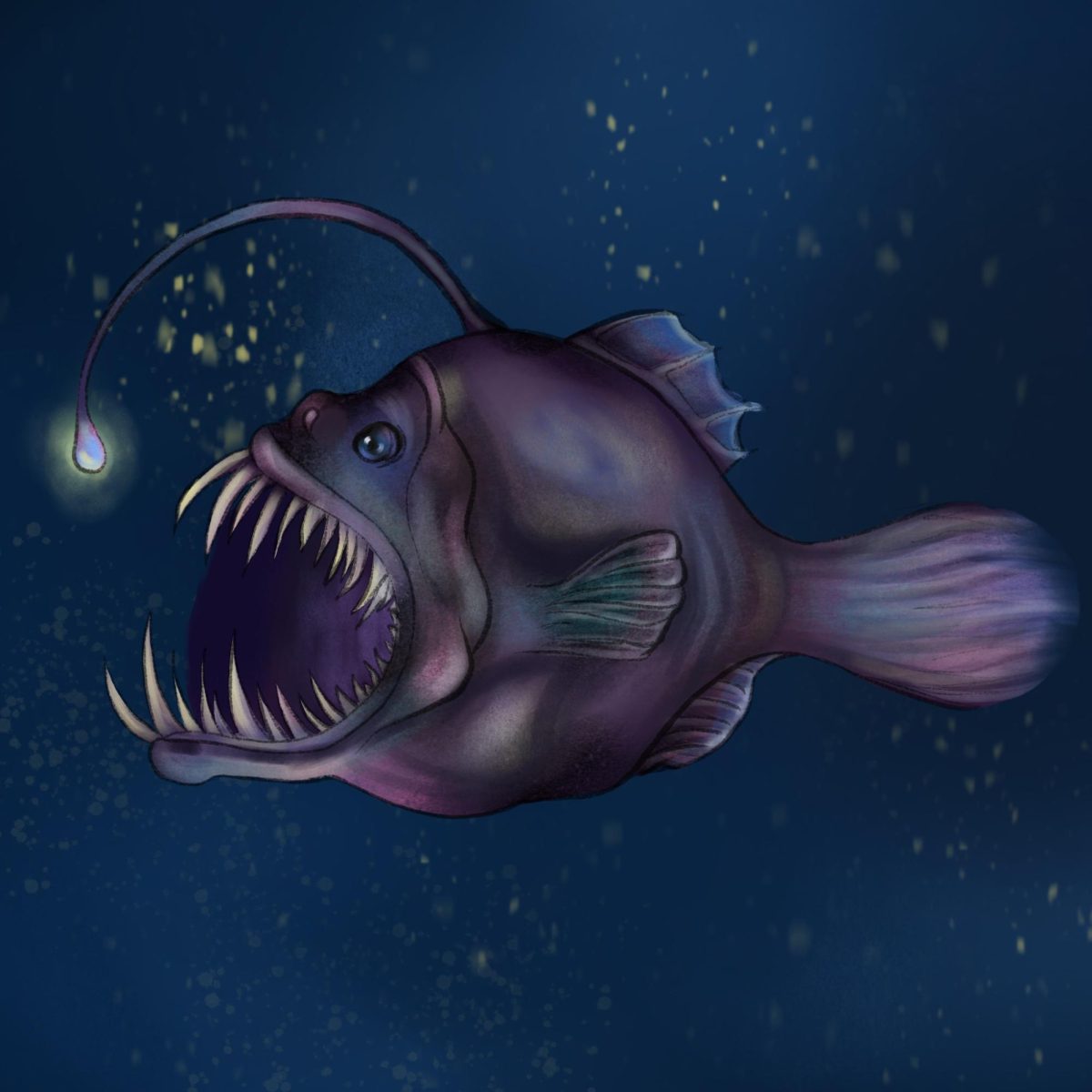When BMW produced their first car in 1929, no one expected the company to grow into the mega-corporation it is today. People certainly did not predict that an engine produced by BMW would eventually power a flying car. However, the Klein Vision AirCar, built with a 1.6 liter BMW engine, has just been awarded a certificate of airworthiness by the Slovak Transport Authority.
“AirCar certification opens the door for mass production of very efficient flying cars” and has the “ability to change mid-distance traveling forever,” said Stefan Klein, the owner of Klein Vision. Klein has been working on flying cars since the late 1980s. After developing the AeroMobil, he left his company to create Klein Vision with his friend and advisor Anton Zajac. Klein led a team of eight specialists who spent over 100,000 hours designing mathematical models that assisted the prototype’s production.
Once produced, the AirCar underwent seventy hours of flight tests and over two hundred take-offs and landings, including a thirty-five minute flight between airports in Nitra and Bratislava. These challenging flight tests consisted of flight and performance exercises, but the AirCar passed with flying colors. Developers reported that it exemplified an “astonishing static and dynamic stability in the aircraft mode.”
This impressive vehicle can transform from a car into an aircraft in only two minutes and fifteen seconds. Powered by a BMW engine and petrol-pump fuel, the AirCar can reach speeds over one hundred miles per hour on land. Furthermore, it can fly at altitudes over 18,000 feet, demonstrating the versatility of this flying car.
“This is not the first time that similar types of vehicles have been certified,” said Kyriakos Kourousis, chair of the Royal Aeronautical Society’s Airworthiness and Maintenance Specialist Group. A company based in the Netherlands, PAL-V, developed a vehicle called the PAL-V Liberty. Although this gyroplane was awarded certification by the European Union Aviation Safety Agency, the company’s website reports that it has yet to finish the final compliance demonstration stage.
The US-based company Terrafugia has also acquired an airworthiness certification. In a January 2020 press release, they announced that they had been given an FAA Special Light-Sport Aircraft Certificate.
Vehicles similar to the AirCar could help the environment as well. “I do believe we will see full electric or at least hybrid vehicles of this, or similar kind, in the near future, contributing to our environmental sustainability targets,” Kourosis added.
Klein Vision’s aspirations are even more ambitious than other flying car companies. The company hopes to have the AirCar commercially available within the next year, and to successfully fly from Paris to London in the near future.




















































































































Klein • Jan 18, 2023 at 1:43 pm
Wow this sounds super cool!